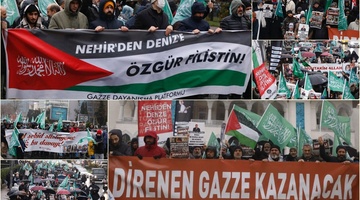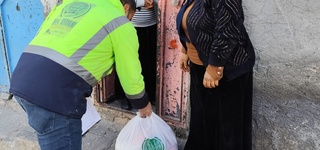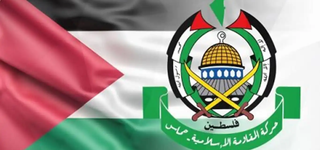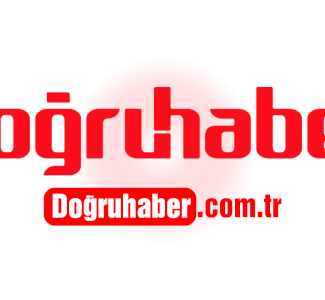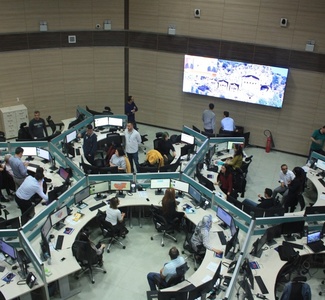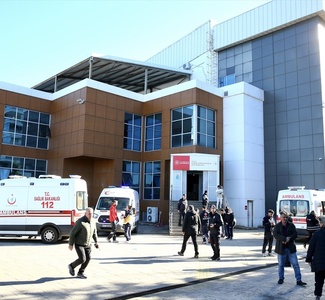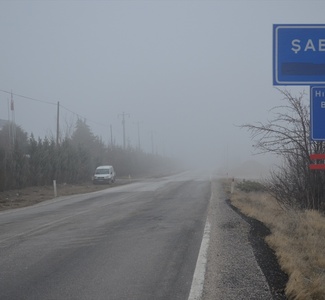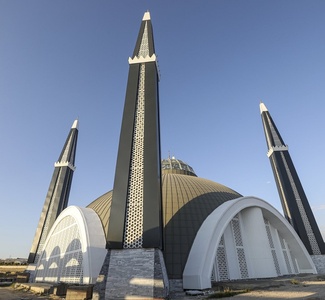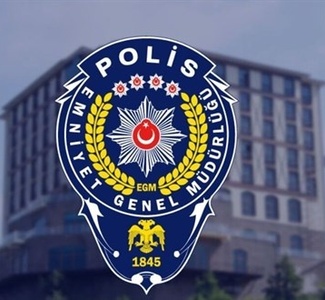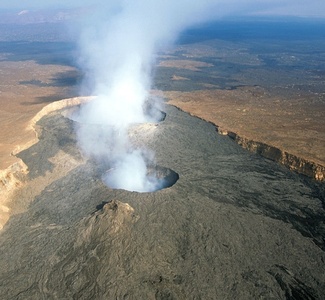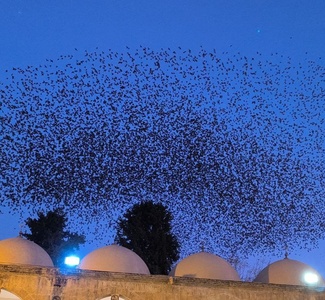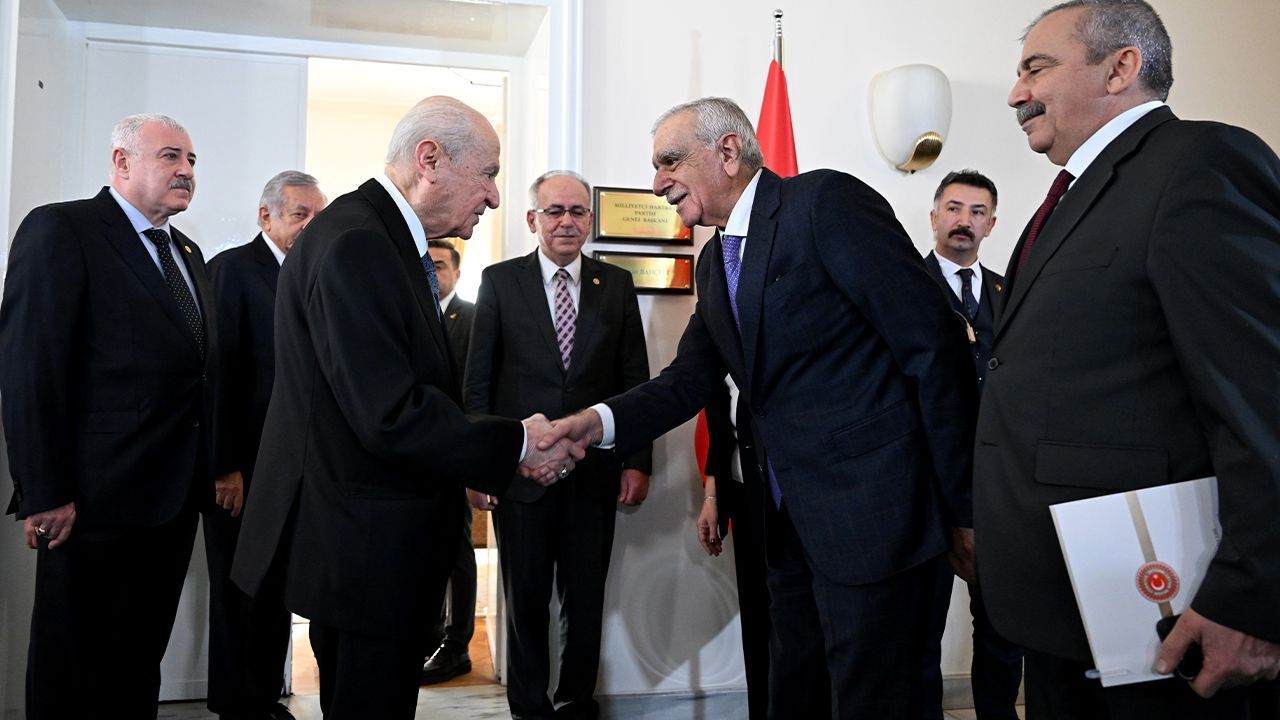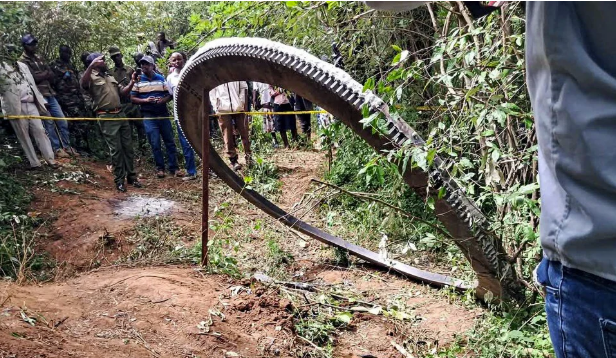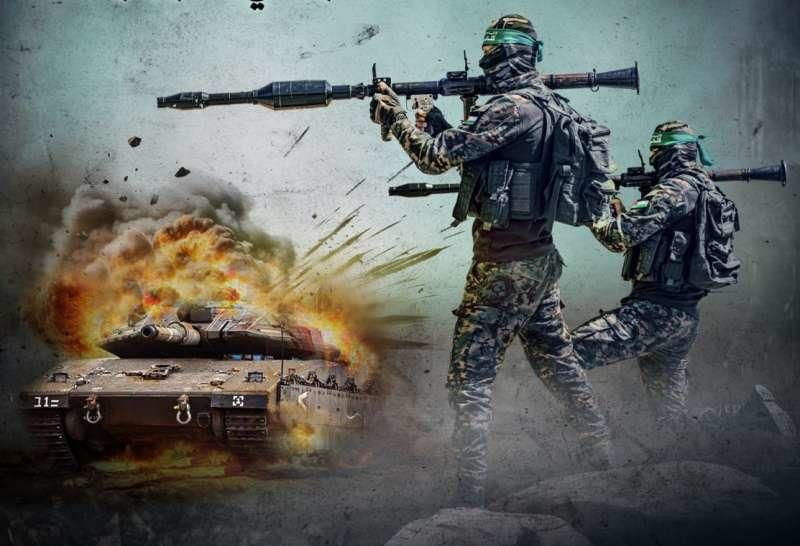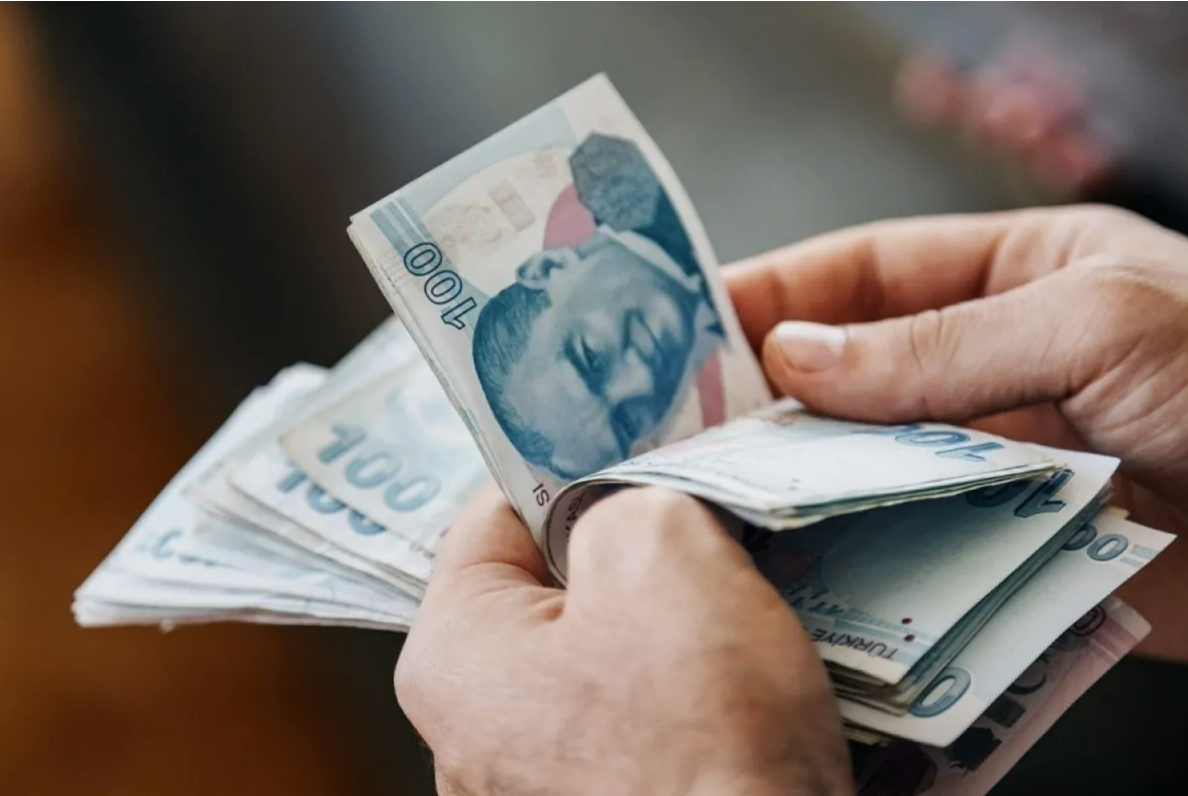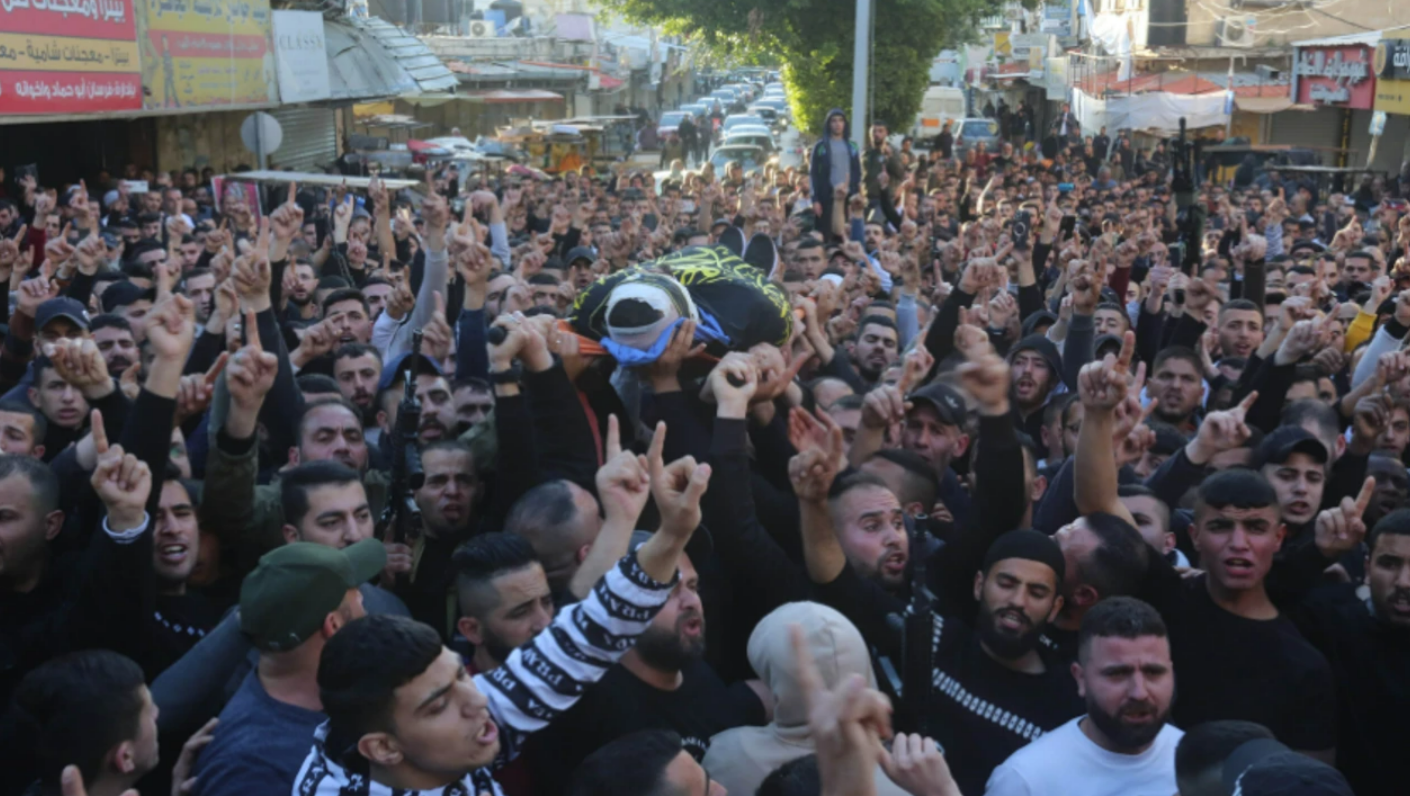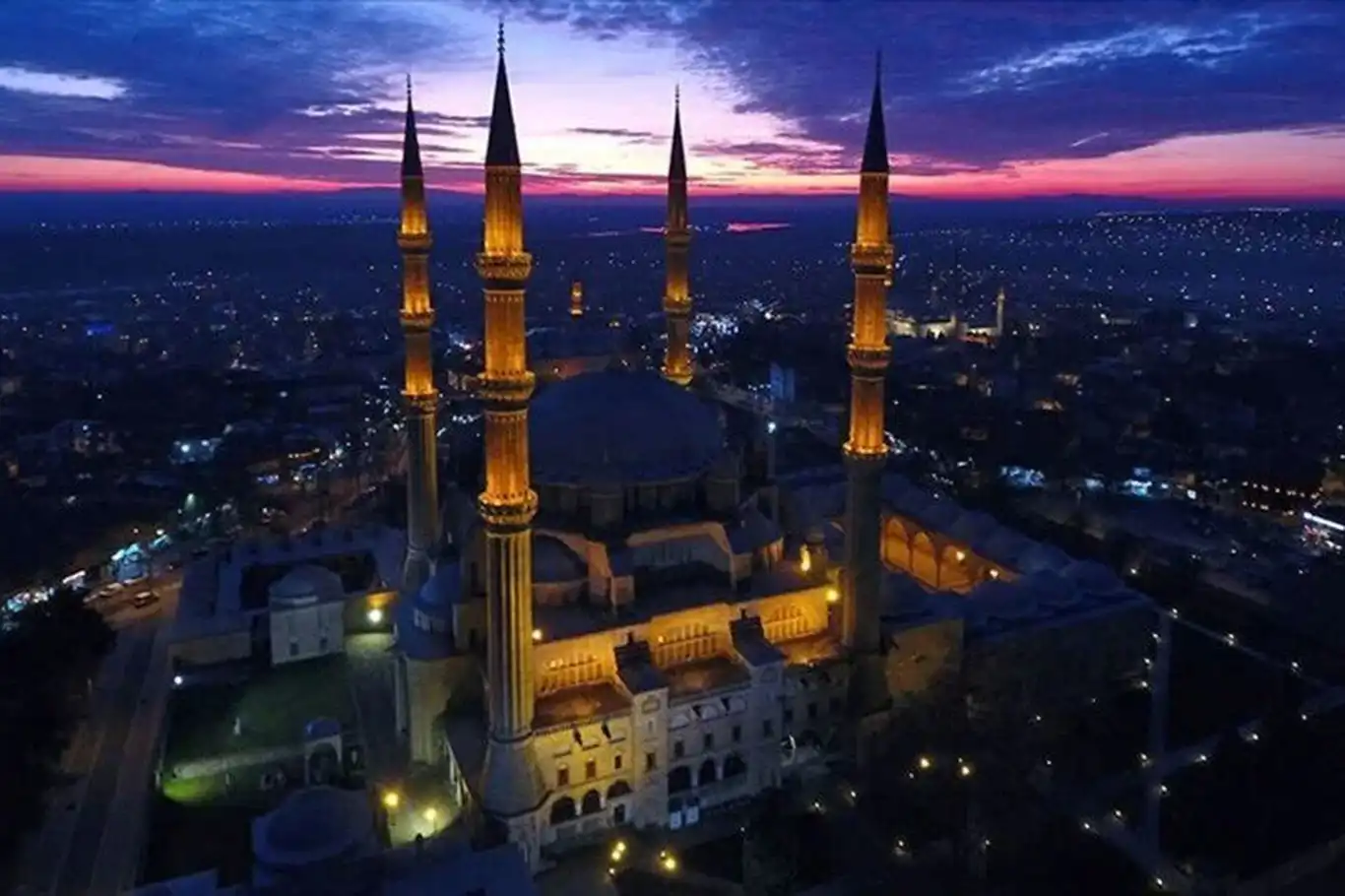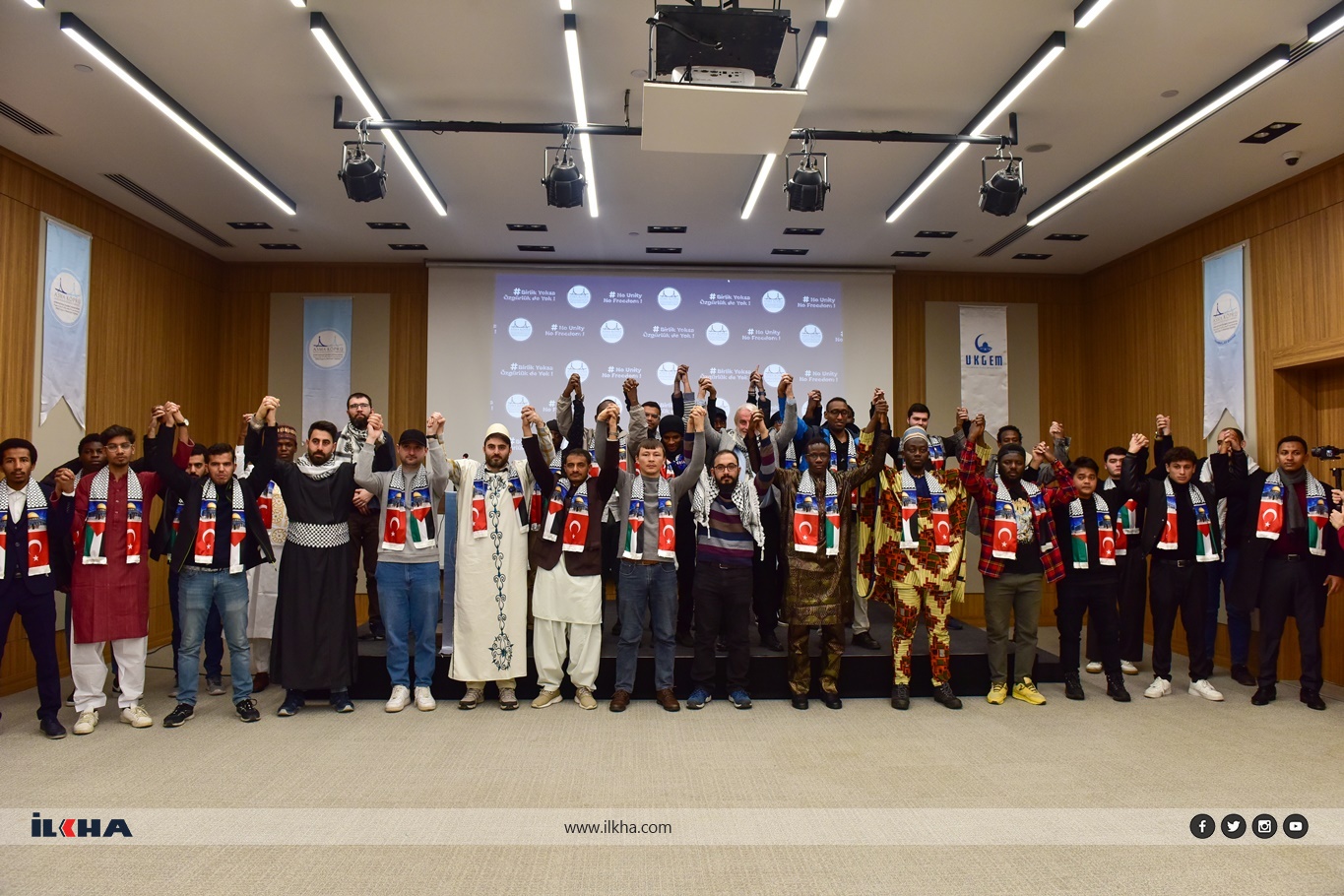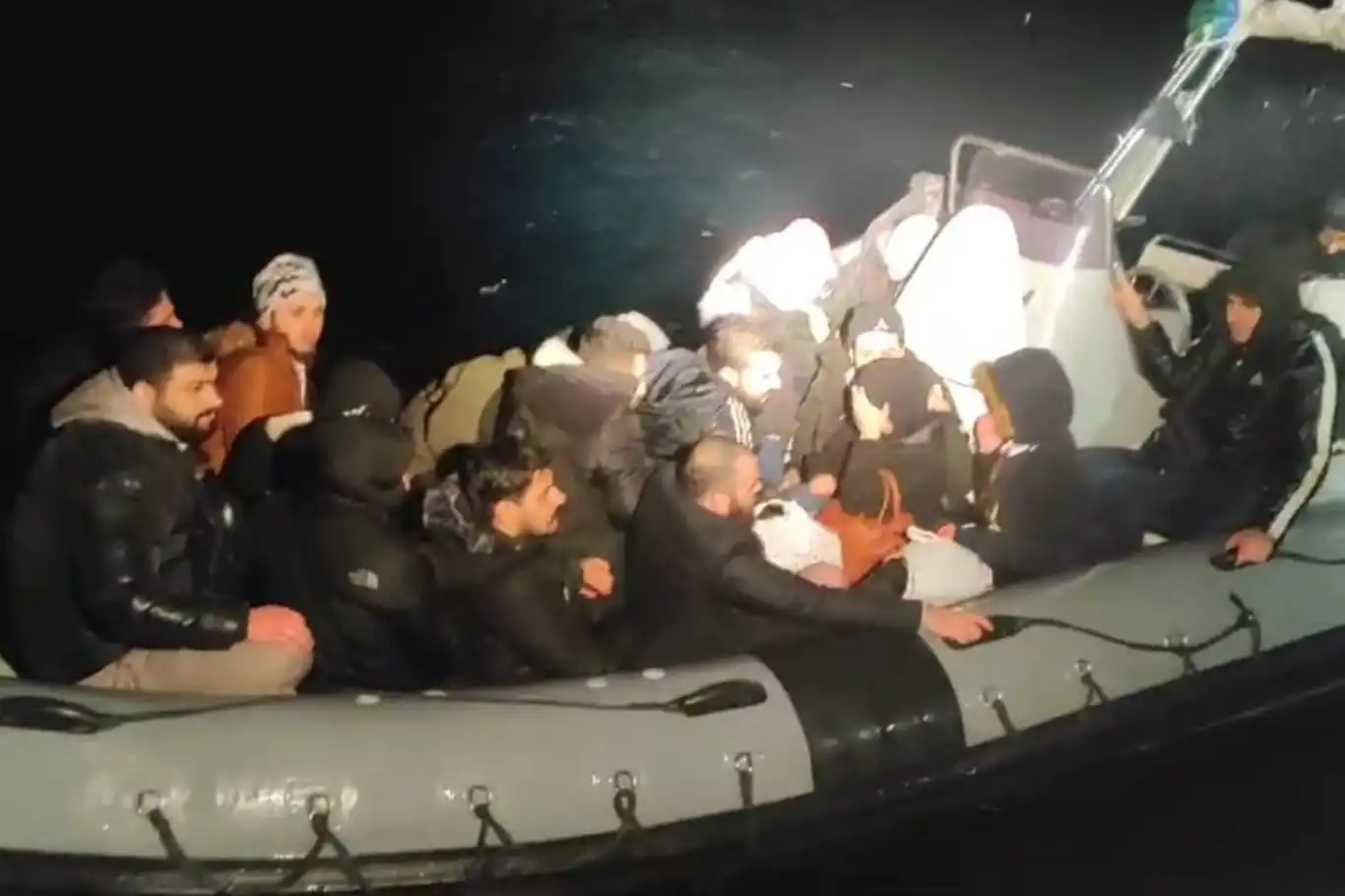Zoran Milanovic secures re-election in Croatia's presidential election
Croatian President Zoran Milanovic has secured re-election in the first round of voting, according to exit polls released Sunday.
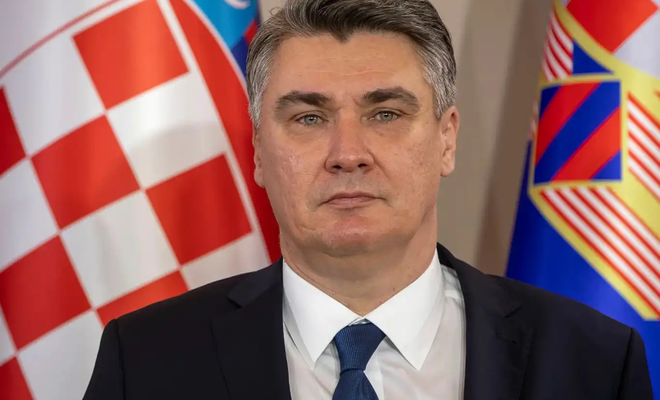
 Google News'te Doğruhaber'e abone olun.
Google News'te Doğruhaber'e abone olun. Backed by the opposition Social Democrats, Milanovic garnered 51.48% of the vote, surpassing the 50% threshold needed to avoid a runoff. His closest competitor, Dragan Primorac of the ruling HDZ party, received 19.29%, as reported by state broadcaster HRT.
The victory, if confirmed, represents a significant setback for Prime Minister Andrej Plenkovic and his HDZ party, which has been a dominant force in Croatian politics since the country gained independence in 1991.
The election took place against a backdrop of mounting challenges for Croatia, including inflation, corruption, and a labor shortage. Croatia, an EU and NATO member with a population of 3.8 million, has faced increasing political and economic pressures in recent years.
Pre-election surveys had suggested that no candidate would achieve the outright majority required to avoid a runoff. Milanovic's apparent first-round victory defied those expectations, consolidating his position as a leading figure in Croatian politics.
Among the eight presidential candidates, two women, center-right MP Marija Selak Raspudic and green-left representative Ivana Kekin, each garnered around 8% of the vote, according to the exit poll.
The Croatian presidency holds limited powers but includes authority over the armed forces and influence on foreign policy. Many voters regard the office as a critical counterbalance to the HDZ-led government.
Milanovic, a former prime minister, is known for his sharp rhetoric and outspoken leadership style. During his presidency, he has frequently challenged both domestic and EU officials, sometimes adopting populist tones.
While he has condemned Russia’s actions in Ukraine, Milanovic has been a vocal opponent of Western military aid to Kyiv. This stance has drawn criticism from Prime Minister Plenkovic, who accused Milanovic of undermining Croatia’s NATO and EU credibility. Defending his position, Milanovic stated, "As long as I’m president, no Croatian soldier will wage somebody else’s wars."
The election highlights the enduring rivalry between Milanovic and Plenkovic, with corruption and governance dominating the campaign discourse. Milanovic has been a vocal critic of the government, accusing Plenkovic of leading a “corruption octopus” and threatening Croatia’s democracy.
Dragan Primorac, running as a "unifier," emphasized family values and patriotism during his campaign but struggled to gain traction against Milanovic’s strong popularity and pointed criticisms of HDZ governance.
Voter turnout was reported at 36% by mid-afternoon, slightly lower than the 39% recorded in the previous election. Official results are expected later on Sunday. If confirmed, Milanovic's re-election will cement his role as a counterbalance in Croatia’s deeply polarized political landscape, reinforcing his mandate to challenge the HDZ-led government. (ILKHA)



























